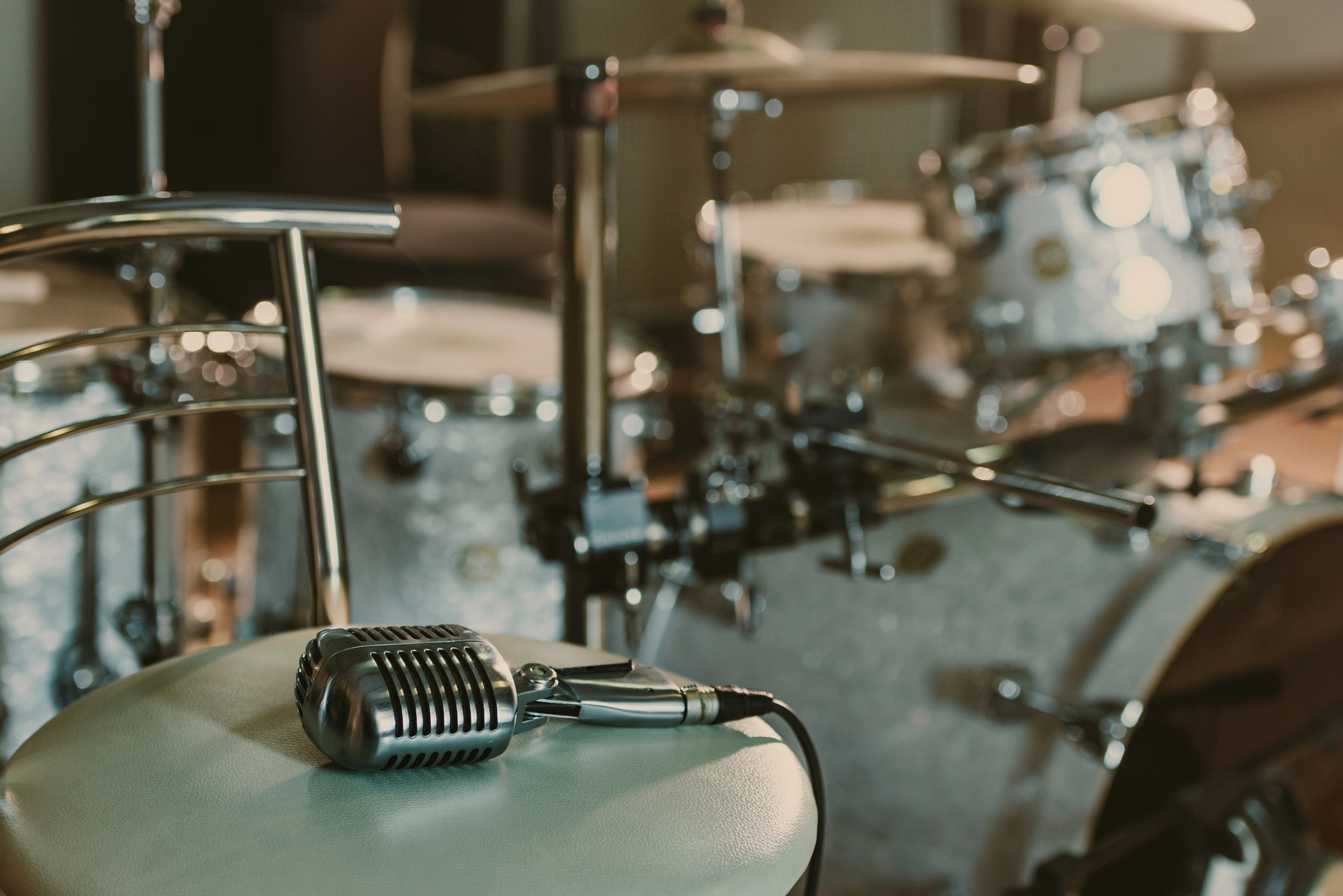How to Bet on ARIA Music Awards

On Australia’s biggest night in music, the ARIA Awards, pop superstars share the red carpet with indie darlings, and rock legends stand alongside TikTok sensations. It’s a celebration of the entire Australian music ecosystem, a night that tries to balance commercial success with critical respect. This unique blend makes it a fascinating and surprisingly complex event for anyone looking to place a wager.
Here’s how you can break down the race and make informed bets on the night’s biggest prizes.
Finding the Right Bookie
As the premier Australian music award, your first and best port of call will be Australian-based sportsbooks. These platforms are the most likely to offer a comprehensive range of markets for the ARIAs. Look for a dedicated section on their site or app, usually labeled “Entertainment,” “Novelty Bets,” or simply “Specials.” Don’t forget to check user reviews.
Decoding the Odds
Once you find the ARIA markets, you’ll see a list of nominees with numbers next to them. This is the American odds format, and it’s quite simple to understand.
A minus sign (-) indicates the favorite. The number tells you how much you need to risk to win $100. For example, if an artist is -150, you must bet $150 to make a $100 profit. This signals that the bookmakers see this artist as the most likely winner.
A plus sign (+) indicates an underdog. The number tells you how much profit you’ll make on a $100 wager. An artist at +500 means a successful $100 bet will return a $500 profit. These are the higher-risk, higher-reward plays.
Understanding the ARIA Machine
To bet on the ARIAs effectively, you have to understand who is actually voting. The winners aren’t chosen by the public or a small, secretive panel. They are decided by the “ARIA Voting Academy,” a broad church of several thousand industry insiders. This group includes artists, record label executives, managers, publishers, journalists, publicists, and even music retailers.
This wide voting base is crucial. It means the winner of a major award needs to have broad appeal across different sectors of the industry. A purely commercial pop act might not win over the critics and indie artists, while a niche critical darling might not get enough votes from the commercial side of the business. The winners are often found in that sweet spot: artists who achieved significant success while also being seen as credible and respected by their peers.
The Key Categories to Watch
While the ARIAs hand out dozens of awards, the betting action is concentrated on a few key categories. Focusing your research here is the most efficient strategy.
- Album of the Year:The night’s most prestigious award. It rewards a complete body of work and is often seen as the ultimate prize.
- Song of the Year:This award is for a single track and is often hotly contested between the year’s biggest hits.
- Best Solo Artist & Best Group:These categories recognize the overall performance and impact of an artist or band across the eligibility period.
- Michael Gudinski Breakthrough Artist:Formerly Best New Artist, this award is for the year’s most exciting emerging talent and is often a great category for finding value in the odds.
Your Research Checklist
Success in betting on the ARIAs comes from looking beyond your own playlist. You need to gather intelligence from several key sources.
1. The Triple J Litmus Test
In Australia, the national youth broadcaster Triple J is arguably the single most powerful tastemaker. An artist who gets heavy rotation on the station, performs a popular “Like A Version” cover, or places highly in the annual “Hottest 100” countdown has enormous credibility within the industry. A huge portion of the ARIA Voting Academy, from fellow artists to media members, are Triple J listeners. Their backing can provide a massive boost to an artist’s chances, often making them a strong contender even if their commercial chart performance isn’t dominant.
2. Don’t Ignore the Obvious: Charts and Airplay
While credibility is important, you can’t ignore raw numbers. Go back and look at the official ARIA charts for the eligibility period. Which albums debuted at #1? Which songs had a long run in the Top 10? An artist who has dominated the charts and commercial radio (like Nova, KIIS FM, and the Hit Network) has proven mainstream appeal, which is a powerful argument for the more commercially-minded voters in the Academy. An artist who has both Triple J support and commercial success is in a very strong position.
3. Follow the Precursor Awards
Other industry awards can provide valuable clues. The APRA Music Awards, which celebrate songwriting, can indicate which songs are most respected by fellow writers. The National Indigenous Music Awards (NIMAs) highlight the incredible talent within the First Nations music community, and winners there often gain momentum heading into the ARIAs.
4. Reading the Narrative
Every awards season has stories. Is there an artist making a huge comeback? Is a beloved industry veteran finally getting the recognition they deserve? Did an Australian artist have a massive international breakthrough, putting Aussie music on the world map? These narratives matter. Voters love a good story, and an artist with a compelling personal or professional journey can attract votes based on goodwill and emotional connection. Think of the global explosion of artists like Tones and I or The Kid LAROI. These are powerful narratives of Australian success.
Finding and Placing a Bet
With all your research complete, it’s time to find your bet. The favorite will often be the artist with the biggest commercial hit. They are the obvious choice, and their odds will reflect that. They might win, but they may not offer much value.
The smart money is often found by looking for discrepancies. Is there a critically acclaimed, Triple J-backed artist with surprisingly long odds? Does one nominee have a powerful narrative that the bookies seem to be underestimating?
Imagine a pop superstar is the -200 favorite for Album of the Year. But you’ve noticed an indie rock band at +600 who won the prestigious Australian Music Prize (AMP), are beloved by Triple J, and received rave reviews from critics. Given that the ARIA Academy is full of voters who value that kind of credibility, the indie band at +600 might be the far more intelligent bet. It’s about finding where the odds don’t quite match the reality of the industry’s internal preferences.







